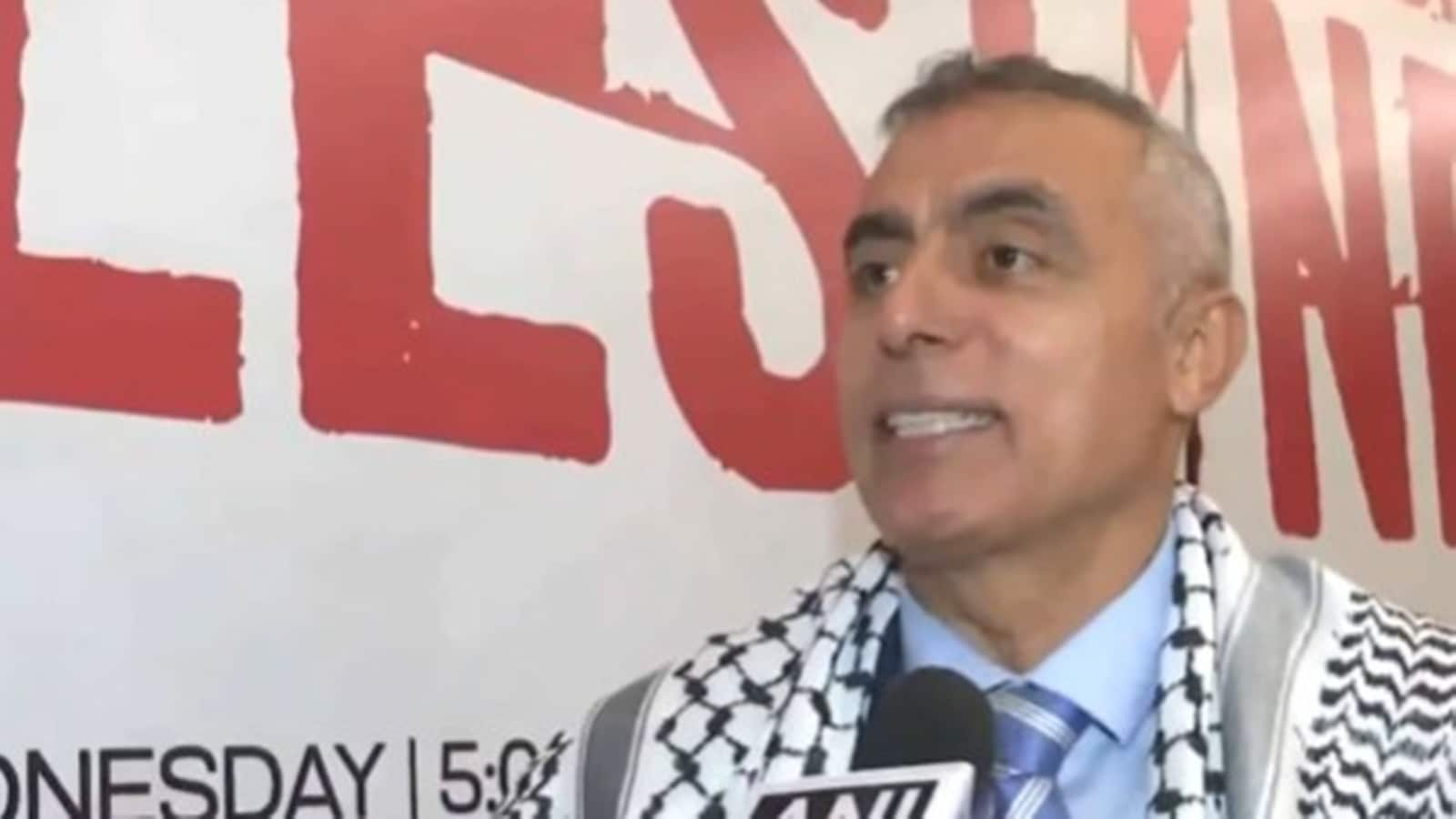Hamas Agrees to Release Hostages
Recent efforts to secure a truce in Gaza have seen a complex interplay of diplomacy and continued conflict. On Wednesday, Hamas announced its agreement to release 10 hostages, signaling what it described as "necessary flexibility" to advance current truce efforts. However, the group simultaneously highlighted the significant "difficulty" in negotiations, attributing it to what it termed the "intransigence of the occupation (Israel)" and stating that key points remain unresolved. These crucial sticking points include ensuring the unimpeded flow of humanitarian aid into Gaza, the complete withdrawal of the Israeli army from the Strip, and the provision of robust, real guarantees for a permanent ceasefire.
Despite these ongoing challenges, United States President Donald Trump expressed optimism, suggesting "a very good chance of a deal in Gaza this week or the next." Concurrently, Israeli Prime Minister Benjamin Netanyahu affirmed his alignment with Trump, stating they were in "lockstep" regarding their shared objective: securing the release of Israeli hostages while simultaneously working to end Hamas rule in Gaza and ensure the territory no longer poses a threat to Israel. Netanyahu emphasized that while a deal is sought, it would "not at any price," reiterating Israel's non-negotiable security requirements. Adding another layer to the diplomatic landscape, Israeli Foreign Minister Gideon Saar indicated that Israel would consider negotiating a permanent ceasefire only after a temporary truce agreement had been secured.
Expert analysis underscores the inherent imbalances shaping these sensitive negotiations. Arhama Siddiqa, a research fellow at the Institute of Strategic Studies Islamabad, noted that while Hamas's willingness to release hostages demonstrates its engagement, core disputes persist. Siddiqa argued that "Israel, backed by the US, shows little urgency to compromise beyond short-term pauses," further characterizing Saar's statement about a permanent ceasefire as a "delaying tactic" designed to buy time for military objectives while superficially projecting diplomatic flexibility.
Amidst these intricate diplomatic maneuvers in Doha, Qatar, the humanitarian crisis in Gaza continues to deepen under persistent Israeli air attacks. Gaza's civil defense agency reported on Thursday that at least 52 people, including eight children, were killed by Israeli forces. A specific incident highlighted involved a strike in front of a medical center in Deir al-Balah in central Gaza, which killed 17 people. The Israeli military confirmed a strike in Deir al-Balah, stating it targeted a Hamas militant involved in the October 7, 2023, attack, while expressing regret for any harm to uninvolved individuals and asserting that the incident was under review.
In a related and controversial development, the United States imposed sanctions on United Nations Special Rapporteur Francesca Albanese. This action was taken in response to her extensive documentation of alleged Israeli abuses against Palestinians during the Gaza conflict, with US Secretary of State Marco Rubio asserting that Albanese's "campaign of political and economic warfare" against the US and Israel would "no longer be tolerated." This move prompted strong condemnation from UN rights chief Volker Turk, who called for the "prompt reversal" of the sanctions.
Siddiqa critically analyzed the US sanctions, revealing what she perceived as Washington's clear bias. She contended that instead of pressing Israel on critical humanitarian issues, the US chose to silence a key advocate for Palestinian rights, thereby demonstrating its commitment to "shielding Israeli impunity" and diminishing its own credibility as an honest broker. Furthermore, Siddiqa viewed US President Trump's hosting of Prime Minister Netanyahu in Washington as indicative of the "performative nature of American diplomacy." She argued that such meetings offer Netanyahu political cover and strengthen Israel's leverage in the Doha talks without genuinely demanding Israeli concessions. Siddiqa concluded that Washington's current diplomatic approach risks solidifying Israel's hard-line stance, leaving Palestinian civilians to endure another "fragile, superficial truce shaped by foreign political theater, not justice," and ultimately contributing to Israel's emergence as an "unstoppable bully in the region" and "rogue state" with US support.
You may also like...
Diddy's Legal Troubles & Racketeering Trial

Music mogul Sean 'Diddy' Combs was acquitted of sex trafficking and racketeering charges but convicted on transportation...
Thomas Partey Faces Rape & Sexual Assault Charges

Former Arsenal midfielder Thomas Partey has been formally charged with multiple counts of rape and sexual assault by UK ...
Nigeria Universities Changes Admission Policies

JAMB has clarified its admission policies, rectifying a student's status, reiterating the necessity of its Central Admis...
Ghana's Economic Reforms & Gold Sector Initiatives

Ghana is undertaking a comprehensive economic overhaul with President John Dramani Mahama's 24-Hour Economy and Accelera...
WAFCON 2024 African Women's Football Tournament

The 2024 Women's Africa Cup of Nations opened with thrilling matches, seeing Nigeria's Super Falcons secure a dominant 3...
Emergence & Dynamics of Nigeria's ADC Coalition

A new opposition coalition, led by the African Democratic Congress (ADC), is emerging to challenge President Bola Ahmed ...
Demise of Olubadan of Ibadanland
Oba Owolabi Olakulehin, the 43rd Olubadan of Ibadanland, has died at 90, concluding a life of distinguished service in t...
Death of Nigerian Goalkeeping Legend Peter Rufai

Nigerian football mourns the death of legendary Super Eagles goalkeeper Peter Rufai, who passed away at 61. Known as 'Do...

